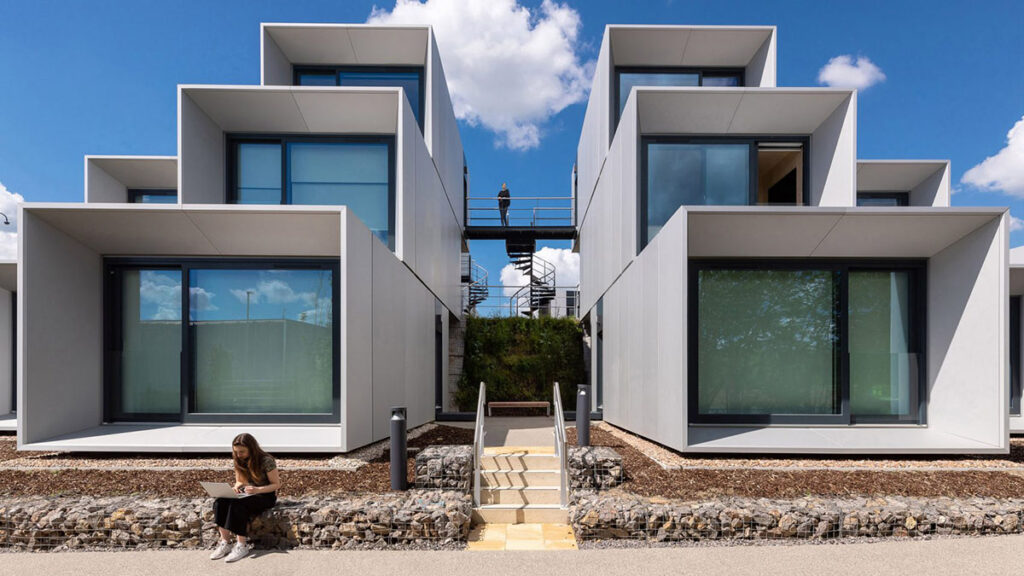
Modular Home Insulation: What You Need to Know to Stay Warm
Living in a modular home has numerous advantages, including faster construction times and cost efficiency. But when it comes to staying warm during colder seasons, modular home insulation plays a pivotal role in the comfort and energy efficiency of your home. Ensuring that your modular home has the right insulation is crucial not only for comfort but also for reducing energy bills.

The Importance of Insulation
Insulation acts as a barrier to heat flow and is essential for keeping your home warm in the winter and cool in the summer. For modular homes, proper insulation can mean better air quality, a more sustainable environment, and cost savings on energy bills.
Types of Insulation for Modular Homes
Fiberglass Insulation
Fiberglass is one of the most common types of insulation used in modular home construction. It is affordable and offers good thermal performance.
Spray Foam Insulation
Spray foam provides excellent thermal insulation and helps with air sealing. This option can be more expensive than fiberglass, but it offers superior energy efficiency.
Cellulose Insulation
Made from recycled paper, cellulose is environmentally friendly and effective in reducing air leaks.
Installation Techniques
It’s not just the type of insulation that matters, but also how it’s installed. Proper installation ensures there are no gaps, sagging, or compressed areas, which can diminish the insulation’s effectiveness.
Energy Efficiency and Savings
Good insulation can lead to significant energy savings. By reducing the need for heating and cooling, homeowners can save on utility bills. Additionally, well-insulated homes often have higher resale values.
Common Insulation Mistakes
One common mistake is under-insulating areas like attics and basements. Another is ignoring air sealing, which can severely impact the effectiveness of insulation.
DIY vs Professional Installation
While some may opt for DIY insulation projects, professional installation can ensure that the job is done correctly and efficiently, avoiding costly repairs in the future.
The Environmental Impact
Choosing sustainable insulation options, such as cellulose or recycled cotton, can greatly reduce the environmental footprint of your modular home.
Regulatory Standards
Different regions have specific standards and regulations regarding home insulation. Homeowners should be aware of these requirements to ensure compliance and optimal insulation performance.
Insulation and Health
Quality insulation can prevent issues like mold and moisture build-up, which can have adverse health effects. Ensuring proper ventilation alongside insulation is crucial for maintaining a healthy indoor environment.

Frequently Asked Questions (FAQ)
- Why is insulation important in modular homes?
Insulation is crucial for maintaining a comfortable indoor climate and reducing energy costs. - What types of insulation are best for modular homes?
Fiberglass, spray foam, and cellulose are popular choices for their effectiveness and affordability. - Can I install insulation myself?
While DIY is possible, professional installation is recommended for best results.
For more detailed insights into modular home design, you can visit modular home design or explore sustainable options at modular construction.
This article contains affiliate links. We may earn a commission at no extra cost to you.